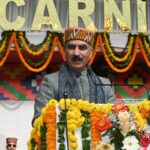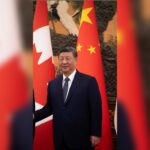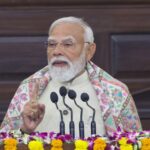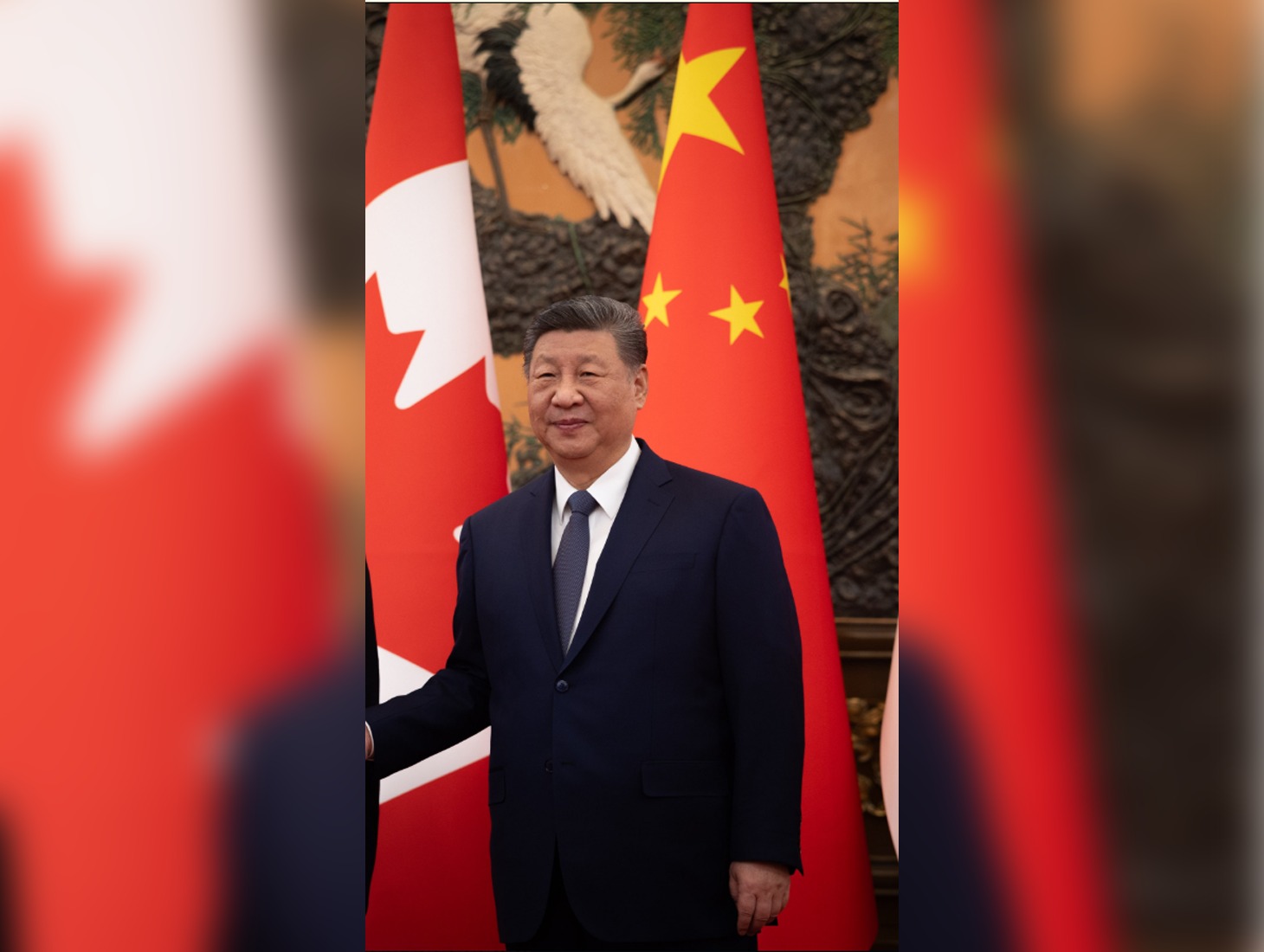The North News
Chandigarh, May 2
As the water-sharing dispute reaches a critical point, political leaders in Punjab have set aside party differences to oppose a directive from the Centre, which asks the state to release an additional 8,500 cusecs of water from the Bhakra Dam to Haryana. Chief Minister Bhagwant Mann struck a combative tone on Friday, declaring that “Punjabis have a right over every drop of river water and no one can snatch it.” He chaired an all-party meeting at Punjab Bhawan in Chandigarh where leaders, typically divided on most issues, agreed to adopt a unified stance on what Mann described as an existential issue for the state.
“We will rise above all political affiliations to protect Punjab’s waters,” Mann said, vowing not to allow the release of additional water. The dispute was reignited after the Bhakra Beas Management Board (BBMB) issued an order asking Punjab to release 8,500 cusecs of water water to Haryana, a directive that prompted immediate backlash in Chandigarh and beyond.
In response to the escalating row, Union Home Secretary Govind Mohan convened an emergency meeting in Delhi, bringing together top officials from Punjab, Haryana, Himachal Pradesh, and Rajasthan—all member states of the BBMB. The Centre’s involvement signals the seriousness of the impasse, which has once again spotlighted the fraught history of inter-state river water sharing in northern India.
The Punjab government has called for a special session of the Vidhan Sabha on Monday, 5 May, where a resolution reaffirming the state’s rights over its river waters is expected to be tabled.
Meanwhile, Haryana Chief Minister Nayab Singh Saini criticised Punjab’s stance, arguing that the dispute concerns drinking water, not irrigation. Speaking in Panchkula, he evoked Sikh teachings of hospitality. “We have learned from the Gurus that we offer water even to strangers,” he said, questioning the moral and historical precedent of Punjab’s move.
For now, the political climate remains charged, and with legislative action looming, the water dispute has once again become a flashpoint in Punjab-Haryana relations—highlighting how resource scarcity continues to shape regional politics.
















